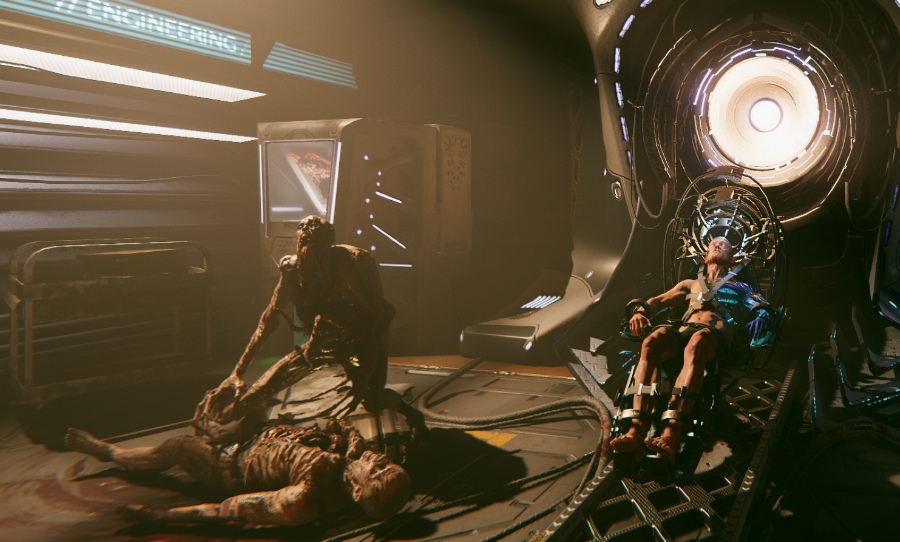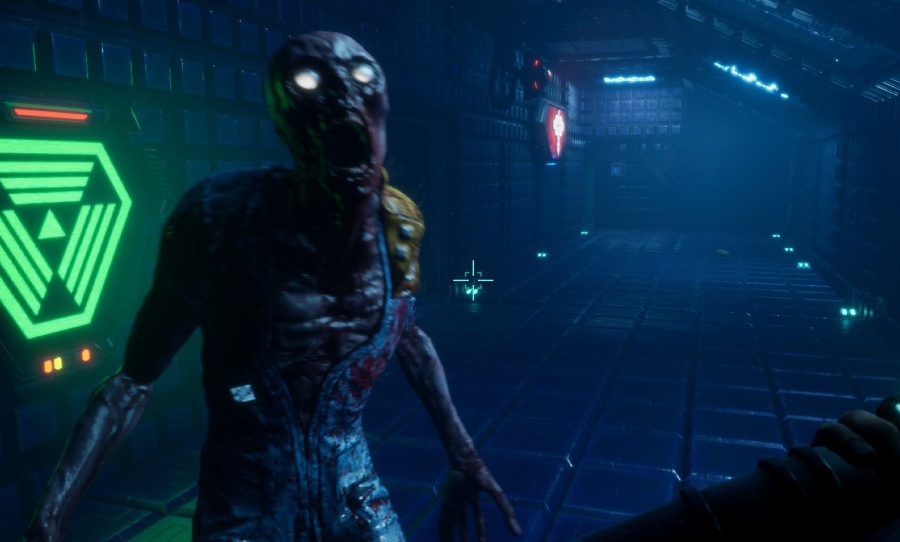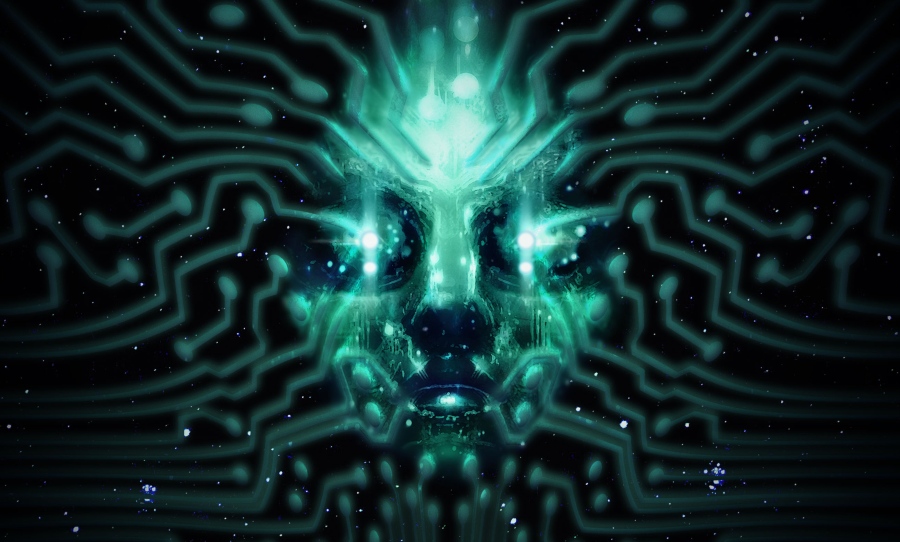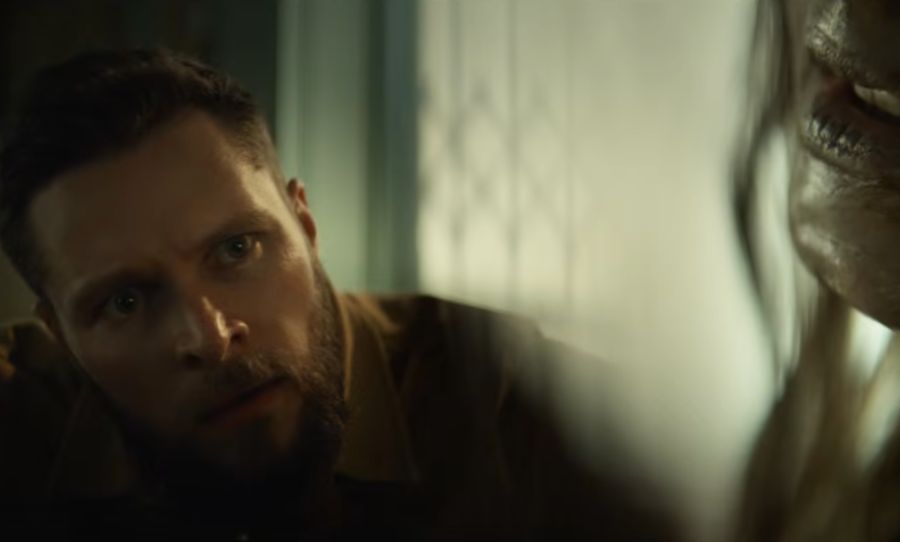System Shock is already one of the most influential video games ever made. However, with the right execution, its upcoming adaptation could become the best video game adaptation ever made.
System Shock changed the landscape of first-person video games in 1994 by bringing an unprecedented level of intelligence and sophistication to a genre that had typically been characterised by its aggressive idiocy. Or in other words, it did for shooters what fans are praying soon happens for video game adaptations.
We have seen countless popular game franchises saunter up, full of confidence, to the Hollywood machine, only to realise too late they were invited as lambs to the slaughter.

Part of the problem has generally been that the creatives and studios involved see video game adaptations as commercially attractive stepping stones. They are rarely made by those who actually value the original title.
It appears that the System Shock adaptation might be different, with Binge being a new development platform that is solely interested in realising the untapped potential of video game adaptations. Their true motives, as well as their ability to execute, remains to be seen – but their mission statement suggests they believe they can succeed.
Nonetheless, regardless of Binge’s worthiness, System Shock possesses a number of characteristics that make it specifically attractive for adaptation.
First of all, the game’s main narrative, despite being attractive in its own right, lends itself to a looser, more impressionistic treatment. The main story involves a hacker waking up in a space station where something has gone horribly wrong. There are murderous robots and disturbing cyborg-like experiments roaming the desolate station, with an unnerving AI somehow involved.
As you may have noticed, there are obvious parallels between System Shock and cult sci-fi fare such as Event Horizon, Moon, and the more recent High Life. So while a System Shock film adaptation would be unlikely to break new ground, it has a solid framework to build upon. And this is where I’m convinced its potential lies.

The apocalyptic space station of System Shock provides an interesting narrative root to branch off from; a writer would have the freedom to develop this part of the story, creating new characters and backstory to explore related themes and add depth. Who were these people in space, why were they there, how did they react during and after their home fell into horror and chaos?
The hacker protagonist serves as a fresh pair of eyes, a character the audience can relate to and learn through. Conversely, you have the space station and its inhabitants (alive or now deceased) to create a mystery. And running through all of these stories is that of SHODAN (the AI I spoke of earlier).
System Shock lends itself to adaptation because of how much scope is inherent in its iconic setting, as well as the underlying mystery. I believe it’s actually promising that the team at Binge have decided to go with an episodic paradigm, as it’s hopefully indicative of their intention to build their own interesting stories into the narrative thread.
This isn’t to say I don’t have my concerns: Binge have no track record to speak of, and their relationship with crypto bros Bytz raises the question of what they even are. On top of this, Gregg Russo, the writer of 2021’s Mortal Kombat, wouldn’t be my first choice to helm a System Shock adaptation.
One of the writers behind last year's Mortal Kombat movie reboot is officially on board to write and direct the upcoming System Shock TV series. https://t.co/PkLm42lv4d pic.twitter.com/scGnh7wTja
— IGN (@IGN) January 27, 2022
Which is to say, I’m in no ways confident that Binge’s System Shock will be the best video game adaptation ever made. Rather, I think that’s a shame, because in the right hands it could break the mould that all video game adaptations seem to adhere to – it could actually be good.



